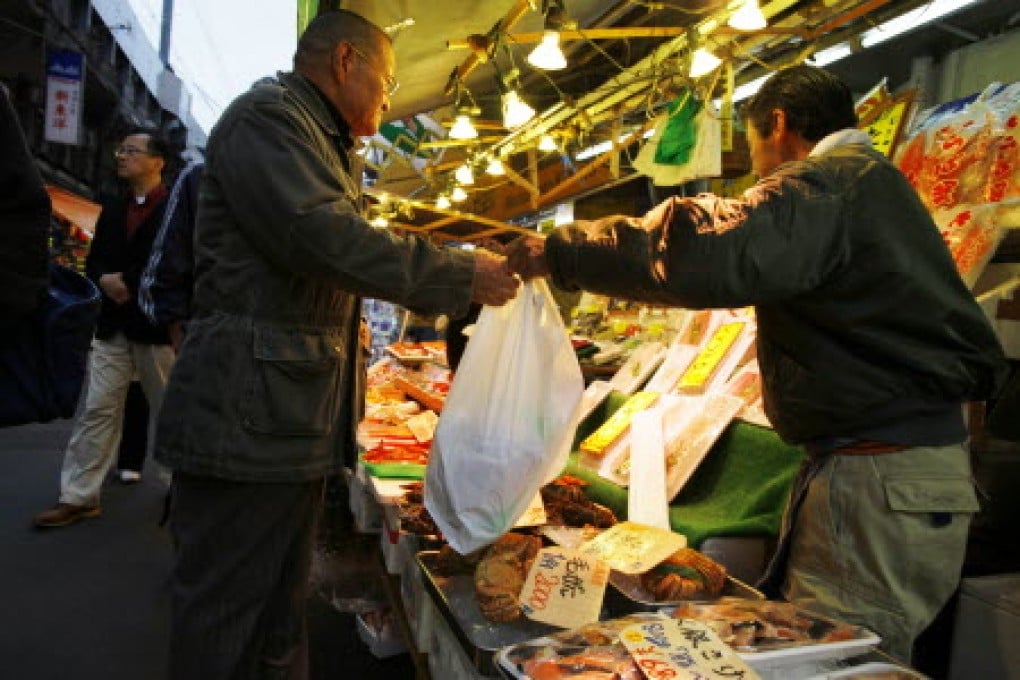Lam Woon-kwong: lessons on managing our rubbish from Tokyo
Walking in a farmers' market in central Tokyo one Sunday morning, I witnessed two things which merit reflections on our lifestyle, being residents of a city comparable to Tokyo in terms of crowd density.

Walking in a farmers' market in central Tokyo one Sunday morning, I witnessed two things which merit reflections on our lifestyle, being residents of a city comparable to Tokyo in terms of crowd density.
The farmers' market opens only on Sunday and is about the size of a standard football pitch, with fewer than 100 stalls. It was mid-morning. The weather was fine. There were many visitors but it was not too packed.
Strolling in a leisurely mood, I quickly noticed one thing. There was not a rubbish bin to be seen in the entire market. As a Hongkonger who is used to having bins within reach almost everywhere, that was a considerable inconvenience.
I started to look around to see what the local visitors did with their rubbish. No one seemed bothered by the absence of what we would regard in Hong Kong as an essential facility. Ladies would typically carry a small bag into which they would deposit what little waste they might have. Men simple pocketed them. I followed suit, and ended up carrying my rubbish all the way back to my room.
I am not sure how Tokyo ranks in terms of waste generated per capita. But it seems obvious that waste collected in public places must be miniscule, compared to Hong Kong. Again, I do not know how successful Tokyo is in waste recycling, but their citizens' habit seems to point to a high proportion of voluntary waste sorting back home.
The food for thought here is that if we can build up our citizens' sense of ownership on this hitherto controversial issue, government could make much more headway in waste reduction than through the punitive measure of charging us for it. It should also help our people to see the obvious: that unless we together practice what we preach, there would be no end to the need for nuisance facilities including rubbish dumps and incinerators.
